Health Care
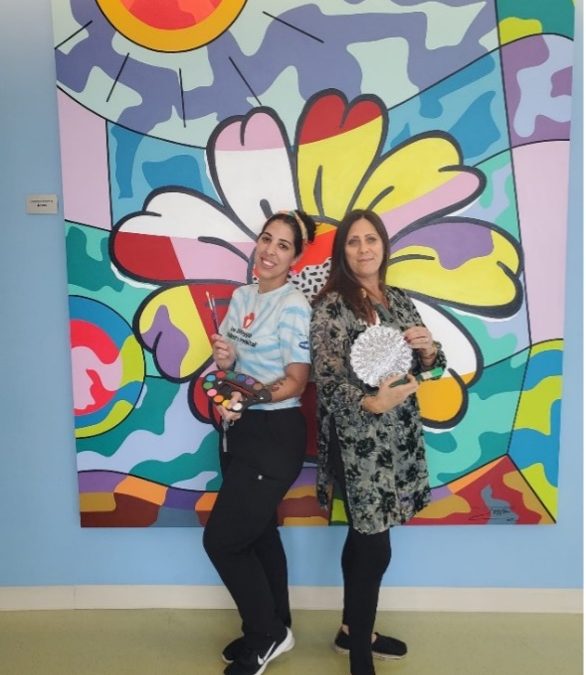
How Two Art Therapists Celebrated Creative Arts Therapy Week at their Hospitals
We talked to two art therapists, Lisa Wasserman, PsyD, ATR-BC, ATCS, and Lourdes “Lulu” Figueroa, MPS, ATR, about the work they do in hospitals, and how they celebrated Creative Arts Therapies Week.

Art Therapy is Particularly Effective in Times of Crisis
September 24, 2020
In the survey, we asked respondents: “As an art therapist, how would you describe to someone unfamiliar with the profession why art therapy is uniquely suited to support mental health during this pandemic?” The survey takers explained that art therapy is particularly effective during times of crisis, especially in coping with isolation, changes in circumstance, trauma, and grief.
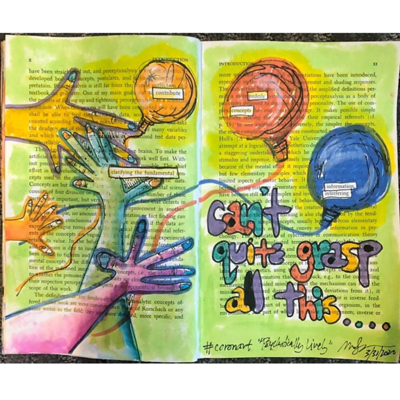
Mental Health Policy Implications during the Coronavirus Pandemic
August 24, 2020
While the results of this survey of art therapists capture a particular moment during the Coronavirus pandemic—when 95% of Americans were under some sort of stay-at-home policy—the findings remain relevant as the number of COVID-19 cases continue to rise. We hope that these results will help inform how lawmakers address the ongoing mental health ramifications of the pandemic and better support mental health professionals.
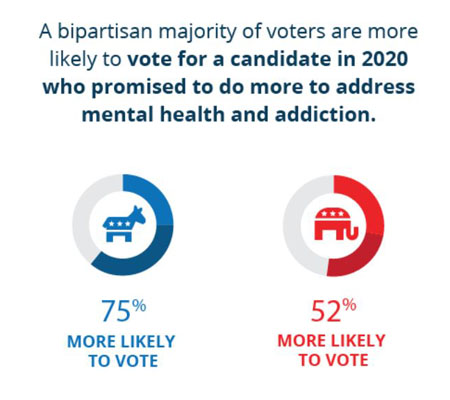
We Joined 600+ Mental Health Advocates on Capitol Hill
September 19, 2019
“Be strong, be loud, and be assertive for those you serve.” – Congresswoman Doris Matsui (CA-6)
This week, the AATA joined the National Council of Behavioral Health and over 600 mental health advocates for Hill Day 2019! The advocacy training was packed with strategies, tips, and inspirational moments preparing advocates for meetings with their elected officials the following day.

Voices of Art Therapy: Breaking the Cycle of Addiction
By Clara Keane | September 14, 2017 | Health Care
In 2008, my family member revealed that he had secretly been caught in a full-blown heroin addiction for the previous six years. Before, I had thought I knew him. I thought he just acted a certain way, dressed a certain way, and had certain less-than-positive attributes about him.
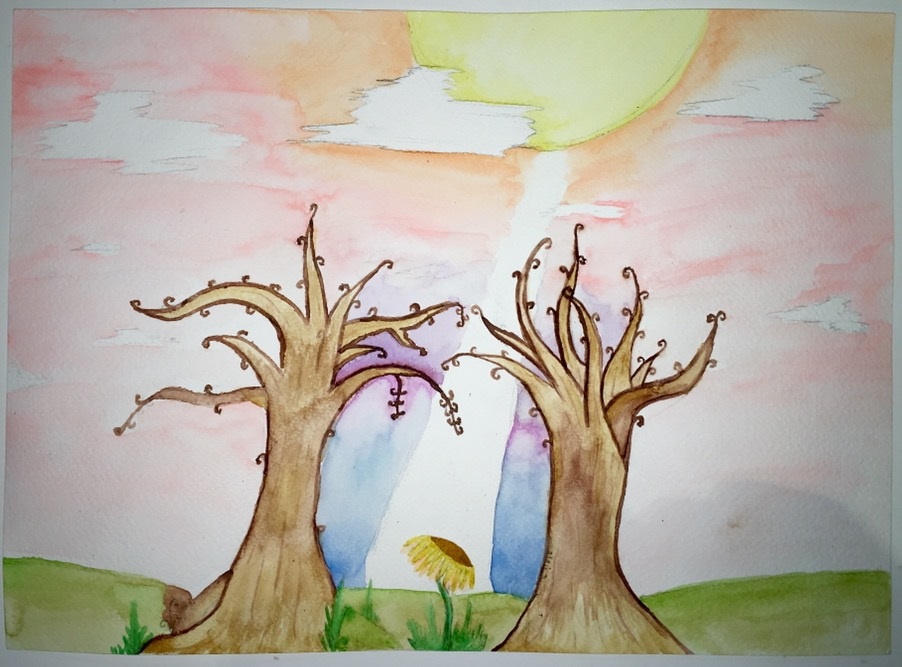
Voices of Art Therapy: Art Therapy and Art Making for People who Struggle with Memory Loss
By Clara Keane | August 10, 2017 | Health Care
The AATA continues to gather stories and vignettes from art therapists to help answer the familiar question, “What is Art Therapy?” In a previous article, two art therapists wrote about clients who battled daily anxiety: one had experienced trauma, and the other suffered from a chronic disease
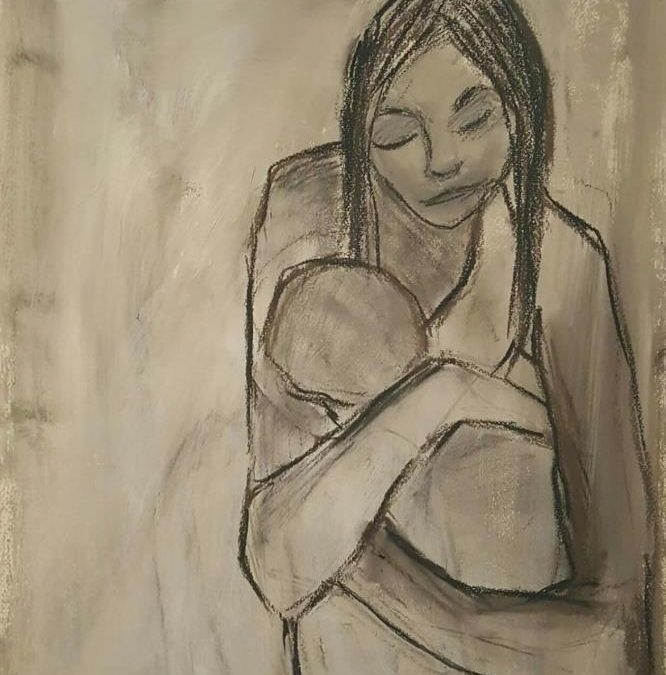
Postpartum Imagery: Finding the ‘Good Enough’
By Kathryn Snyder, MA, ATR-BC, LPC | January 20, 2016 | Health Care
The postpartum period in the family life cycle is one that is fraught with ambivalence and anxiety. While a new mother’s body is flooded with the oxytocin meant to link her in love with her helpless charge, it is also, often, simultaneously flooded with the hormones of fear and worry, combined with the fogginess of sleep deprivation and the stress of learning to take care of this fragile, small human.
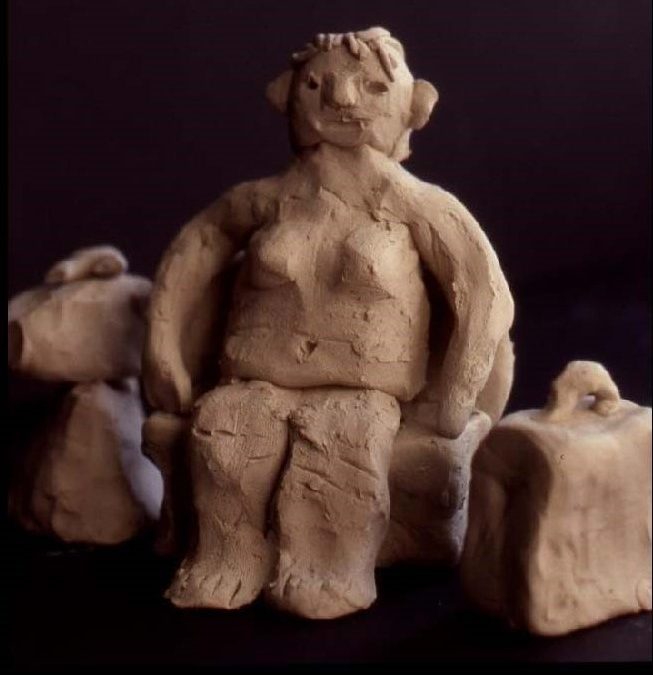
Art Therapy and Eating Disorders: Resolving to Make Authentic Change
By Michelle L. Dean | January 13, 2016 | Health Care
As the New Year unfolds, we may find ourselves inundated with messages to make resolutions, lose weight, and commence rigorous exercise programs in order to feel fit, fabulous, and most of all, loved. These ideals take hold and blossom for some because they play on underlying vulnerabilities and a need to look outside of oneself for assurances. As a result, each year countless seemingly innocent diets turn into deadly eating disorders.
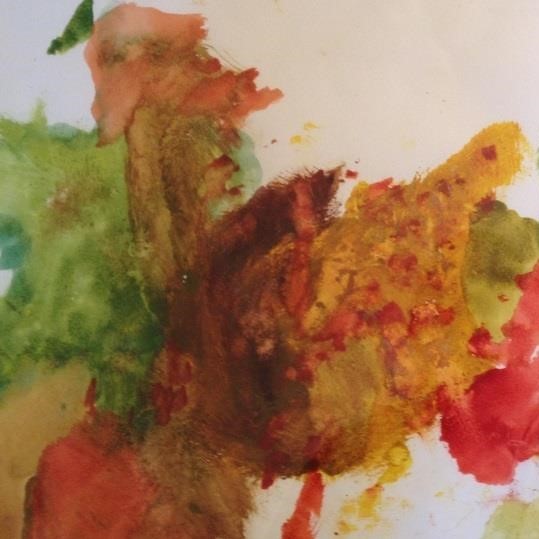
Communication and Dementia: Painting a New Path through Art Therapy
By Raquel Chapin Stephenson | November 25, 2015 | Trauma | Health Care
William Utermohlen, a professional artist, recorded his cognitive decline through self-portraiture (Grady, 2006). Incredibly brave and astute, his visual representation of the journey into Alzheimer’s Disease reveals an increasingly fragmented ability to organize the world outside, the darkening of life around him – an increasingly frightening picture. For Utermohlen, expressing his sadness through his art was a way of staying connected with the outside world. Like Utermohlen, individuals who have dementia still have a great need to communicate with others (Stephenson, 2015).
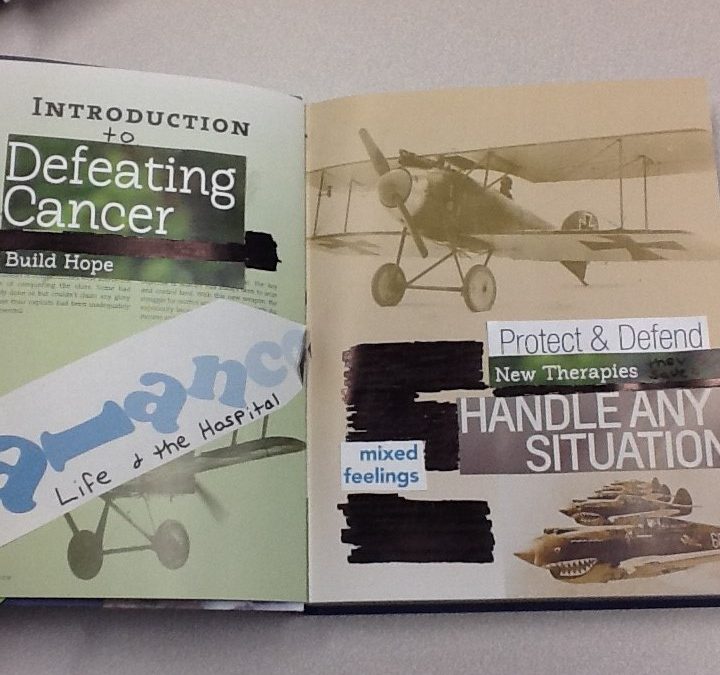
The Next Chapter: Altered Book Making Group for Pediatric BMT/Oncology Caregivers
By Abbien Crowley Ciucci and Hope Heffner | November 18, 2015 | Health Care| Children
The diagnosis of a serious illness is often life-altering. When given to a child, the news of disease can be indescribable. The story of hope that parents had written for their child may be disrupted with a few words. Whether newly diagnosed, or informed of a relapse, parents and caregivers might find themselves asking, what’s next? The engagement in treatment or return to the hospital can feel like another chapter in a daunting and distressing story. Separation from family, financial strain, and lack of sleep contribute to caregiver stress, all while a child suffers needle pricks and surgeries; helplessness and hopelessness can threaten to overwhelm. Thus, the need for a unique and accessible, but non-threatening, therapeutic support for caregivers was recognized.
